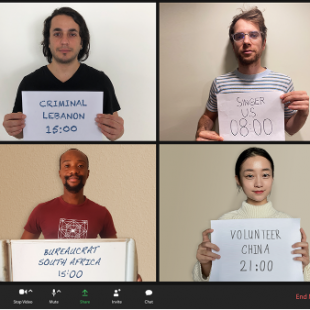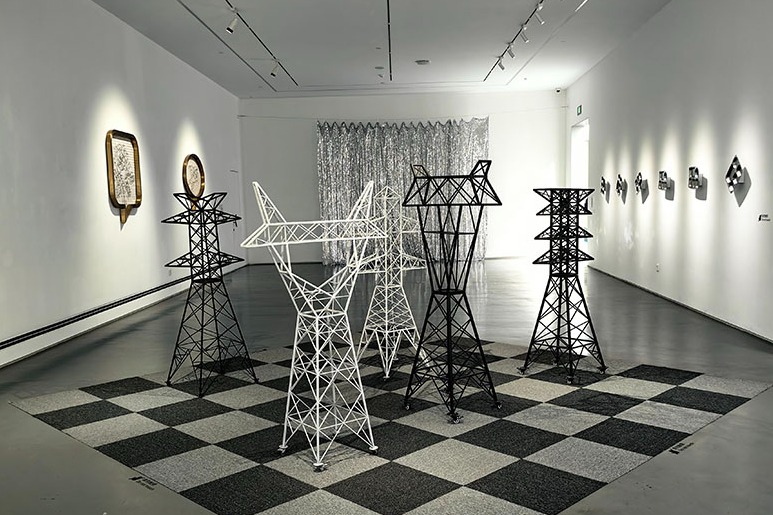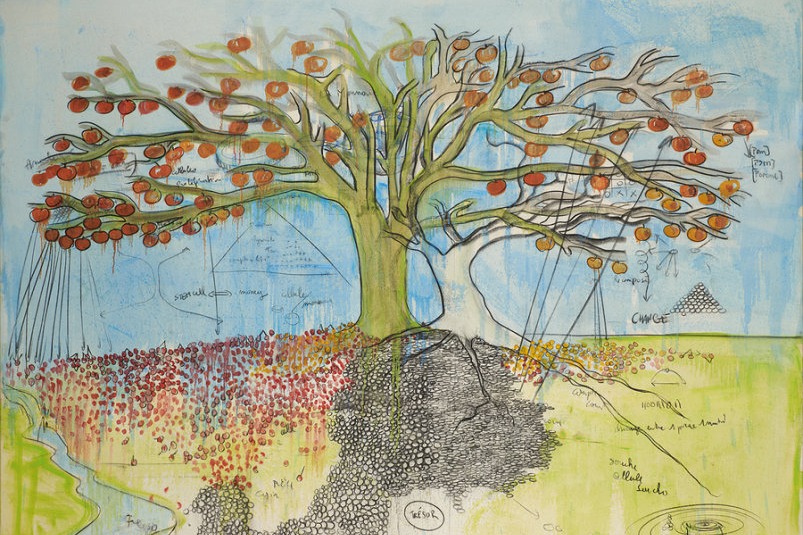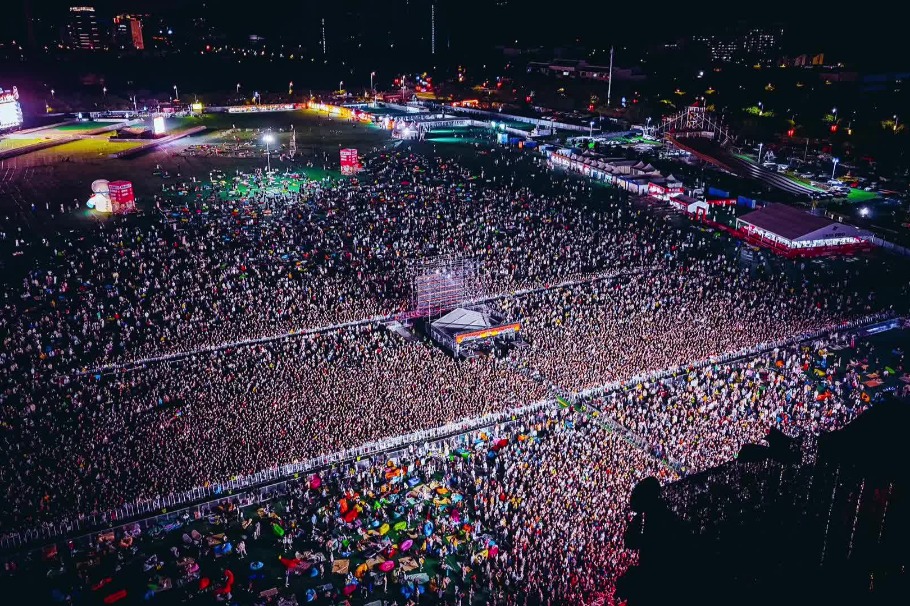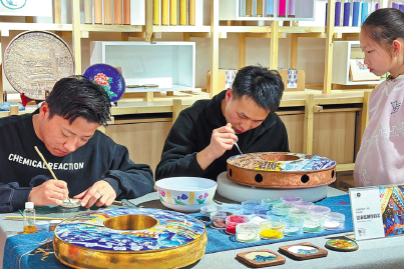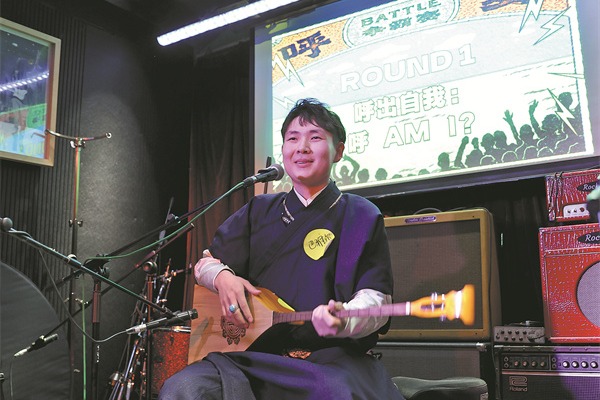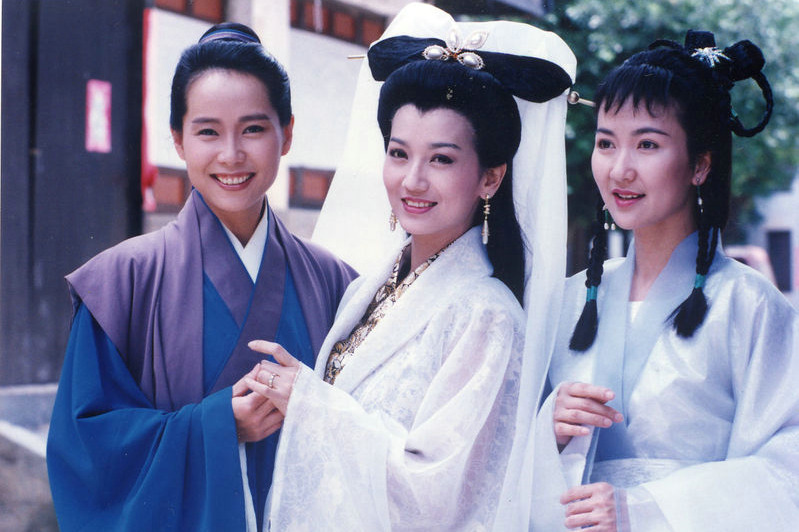Screen play reflects new reality

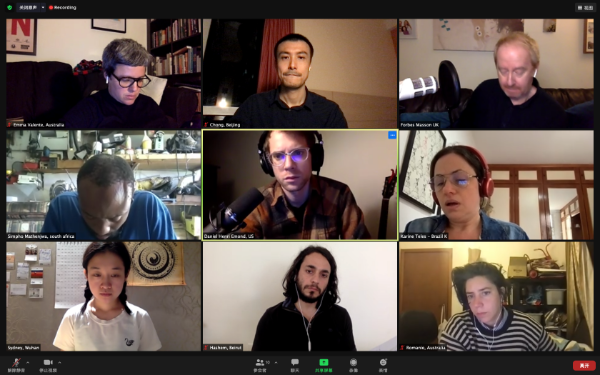
While the ongoing COVID-19 pandemic has largely been under control in China, the situation is more serious abroad, and overseas performers were confined to their homes.
The actress from Brazil also had to look after her 10-year-old child, who was with her in lockdown. The actor from Lebanon suddenly fell ill and went to hospital. Wang was worried about him being infected with COVID-19 until it turned out his condition was not pandemic related.
"Performers have transformed their home into a theater, and audiences will sometimes see their pets or family members. It demonstrates the reality of quarantine life during the pandemic," Wang says.
Karine Teles, from Rio de Janeiro, Brazil, tells China Daily that the most difficult part was finding a connection with her fellow performers and the director without having met them in person.
"Acting is an exchange among the people in the scene, but it's hard to do online via split-screen. It was only possible because the cast were extremely talented and up to the task," she says.
She plays the role of a journalist, who is moved by the actions of a doctor and others and decides to become a volunteer. "The role has enlightened me. It's important to acknowledge my own flaws and try to find ways of changing for the better like her," she says.
Wang says: "I can't make changes to the script due to copyright. It's like dancing when you're kept in shackles, but sometimes you can also make it fabulous. For example, I deleted some long lines and added nonverbal acts for the cast."
The scene Wang likes most in the play is a ritual to mourn those who died in the plague, with the six performers using different ways and different languages, be it religious or indigenous.
"It's overwhelming to watch the six split-screens together. It's like a multicultural work, showcasing respect of different cultures," he says.


